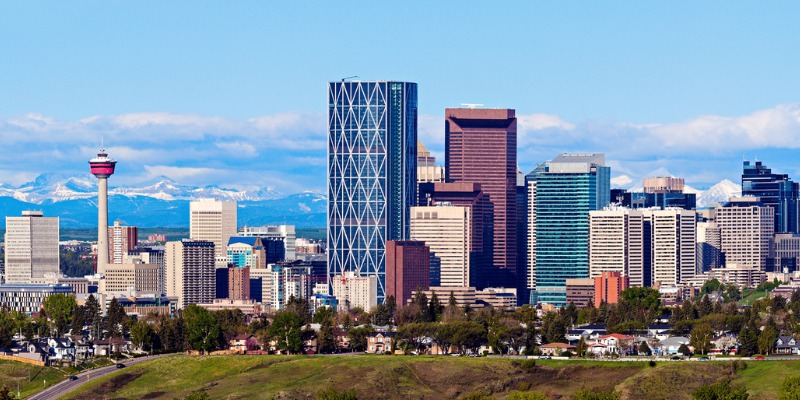Kenney government postpones reforms despite COVID-related surgery backlog

Despite encouraging evidence from other jurisdictions, the Kenney government recently postponed its plan to expand the use of private medical clinics to perform publicly-funded surgeries. The plan mirrors a key component of a four-year initiative in Saskatchewan, which helped cut surgical wait times from 26.5 weeks in 2010 to 14.2 weeks in 2014.
Due to the COVID outbreak, the Kenney government estimates it will take between 12 and 24 months to clear the 22,000 surgeries that have piled up since the province started cancelling elective surgeries in March—in addition to the long list of patients who were already waiting for care before the pandemic. In total, an estimated 80,000 Albertans were waiting for care in early May.
Faced with this extensive backlog, the postponed reforms are needed now more than ever.
Despite their label, “elective” procedures are medically necessary, with treatments ranging from scheduled life-saving cancer surgeries to hip replacements. While Alberta’s health-care system resumed elective surgeries on May 4, in the absence of reform, patients will likely continue facing long wait times for care. Even before the pandemic, Albertans waited a median 28 weeks for treatment after seeing their family doctor.
The knee-jerk response by provincial governments is often to increase health-care spending. Given the rapid deterioration in government finances, this isn’t realistic. Alberta’s budget deficit could reach $20 billion this year. Alberta’s government debt is also rising sharply, and a return to balanced budgets will be a challenge. The province shouldn’t look to Ottawa for larger transfers to help with health care as federal finances are also heavily strained. The Parliamentary Budget Officer recently estimated that the federal deficit would reach $252.1 billion this year—the highest level on record. (And that number doesn’t include billions in additional spending announced over the last few weeks.)
But even if more money was available, it’s unlikely that increased spending alone would shorten surgical wait times. Pre-COVID, Canada was the second-highest spender among 28 high-income universal health-care countries (as a percentage of GDP, after adjusting for age). And yet, Canada had fewer physicians (2.8 per 1,000 people, ranking 26th of 28), fewer acute care beds (2.0 per 1,000, ranking 26th of 27), fewer MRIs (10.4 per million, ranking 21st of 26) and CT scanners (15.9 per million, ranking 21st of 27) than most other OECD countries with universal health care.
This contrasts with universal health-care countries such as Australia, which is also dealing with COVID-related elective surgery backlogs but has more doctors (4.0 per 1,000, ranking 6th of 28), MRIs (15.4 per million, ranking 11th of 26) and CT scanners (69.9 per million ranking 2nd of 27) compared to Canada.
In 2016, the latest year of comparable data, Australia also had a lower (8 per cent) proportion of patients waiting longer than four months for elective surgery than Canada (18 per cent).
So why the discrepancy in wait times?
Part of the explanation is that countries such as Australia approach health care differently by contracting out some universal services to private hospitals and allowing physicians to practise in both the public and private sectors.
We’ve also seen the fruits of a different approach here at home. As noted above, Saskatchewan cut surgical wait times by, among other reforms, partnering with private clinics, which were contracted to deliver select publicly-funded treatments, dramatically expanding the system’s capacity and delivering care at a lower cost (on average) per procedure compared to public hospitals. Even British Columbia, where the government tried to “crack-down” on private clinics just a few years ago, recently announced plans for limited partnerships with private clinics to help clear its own COVID-related backlog.
The Kenney government’s recent decision to postpone the use of private clinics is unfortunate—particularly now, when Albertans across the province have seen their surgeries pushed further into the future due to the COVID backlog.



